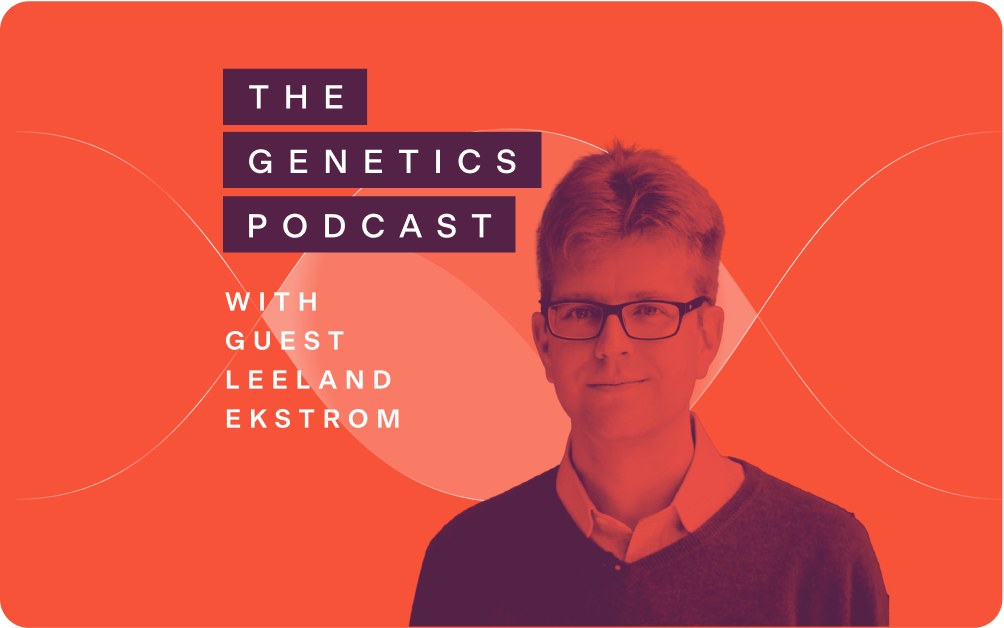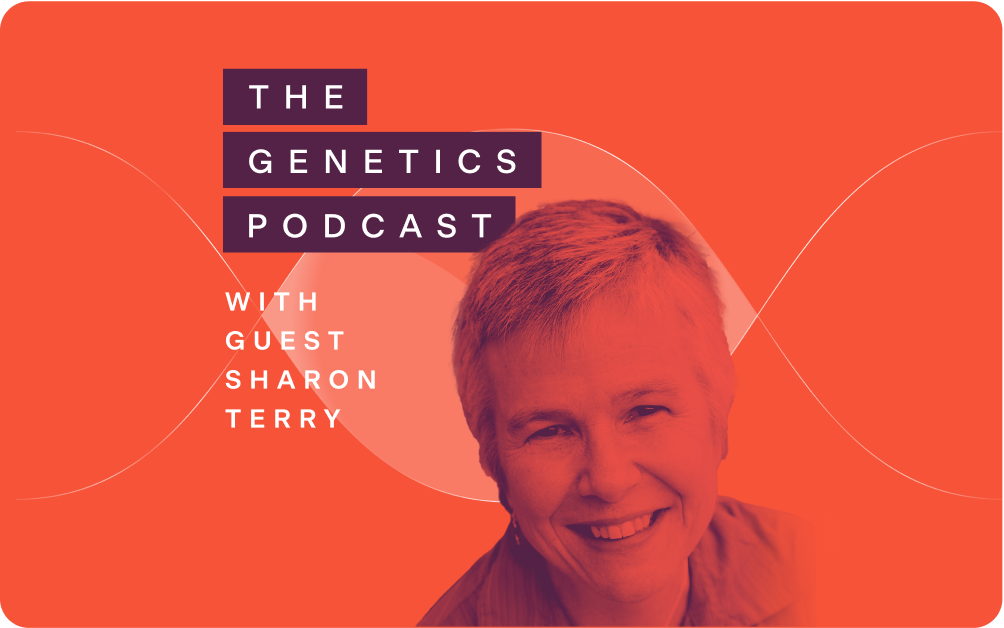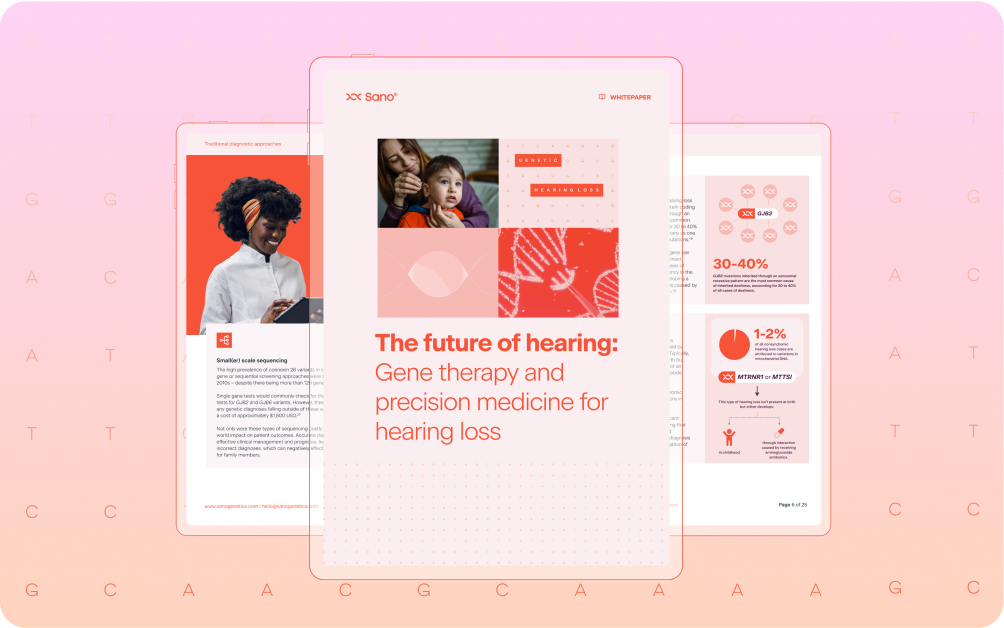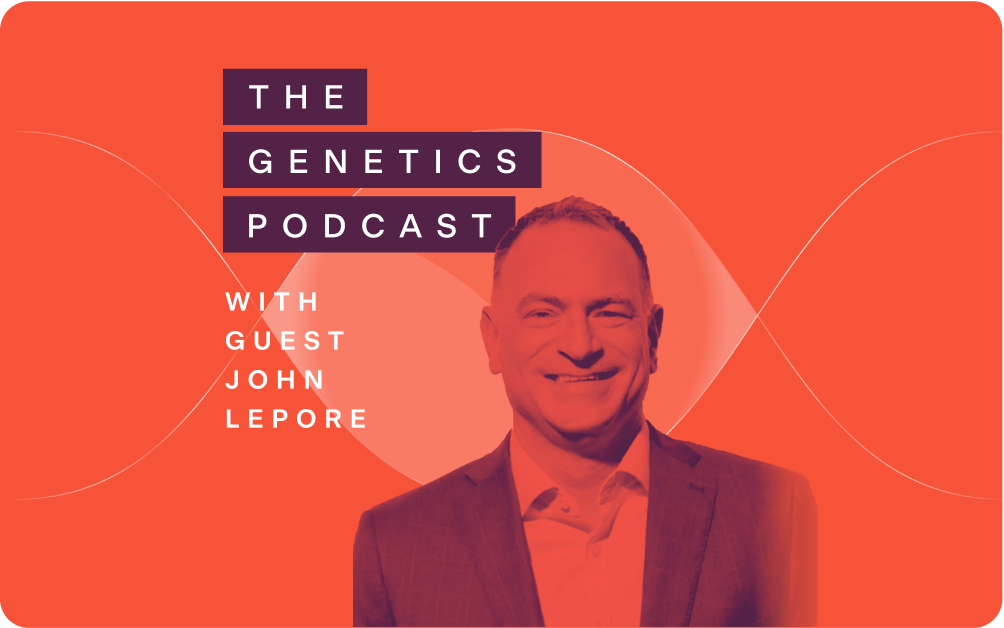Clinical research blog
Explore our blog for insights into the big questions in precision medicine and clinical research.
In a recent episode of The Genetics Podcast, Patrick spoke with Dr. Sal Rico, Chief Medical Officer at Encoded Therapeutics. Having worked across small molecules, medical devices, and now gene therapy, Sal has spent the last decade improving treatments for severe neurological conditions, particularly in children.
Precision medicine offers more targeted treatments, better patient outcomes, and even the potential to transform how we approach disease. But getting there isn’t easy. For many companies, especially smaller ones, the costs of getting started are just too high. From the price of genomic sequencing to the investment needed for specialized tools and training, these upfront costs can feel like a major barrier. In this post, we take a closer look at the real cost challenges facing precision medicine today, and explore how long-term thinking, smarter investments, and clearer regulations could help make precision medicine more accessible to everyone.
When it comes to rare and ultra-rare diseases, finding the right data can be one of the biggest hurdles in research and drug development. With thousands of rare conditions affecting only a small number of people, the data needed to understand these diseases is often scattered, inconsistent, or hard to access. That’s why collaboration, smart technology, and a focus on patient trust are so important. Here, we take a closer look at how better data practices, from standardization to secure sharing, can help researchers, clinicians, and patients work together to move precision medicine forward.
As clinical trials become more complex and patient populations more diverse, the traditional focus on recruitment alone is no longer enough. Building long-term patient relationships grounded in trust, education, and collaboration, is increasingly recognized as essential to trial success. Here, we explore how a patient-centric approach can improve retention, enhance data quality, and ultimately accelerate the development of new treatments.
In the latest episode of The Genetics Podcast, Patrick Short chatted with Leeland Ekstrom, CEO and co-founder of Nashville Biosciences (NashBio), a for-profit subsidiary of Vanderbilt University Medical Center. Leeland shares the story of how he went from consultant to CEO, building a company that now operates one of the most powerful integrated clinical-genomic data resources in the world. From sequencing 250,000 whole genomes to enabling global research partnerships, NashBio is helping shape the next era of drug discovery.
In the latest episode of The Genetics Podcast, host Patrick Short sat down with Sharon Terry, the CEO of Genetic Alliance, to discuss her extraordinary journey from a homeschooling mother to a leader in rare disease advocacy. Sharon has pioneered patient-led research, built innovative biobanking solutions, and played a key role in landmark policies like the Genetic Information Nondiscrimination Act (GINA). Their conversation covered everything from the challenges of running a patient-led biobank to the future of rare disease drug development and international collaboration.
Despite the huge potential of new technologies to enable precision approaches to diagnosing, managing and treating genetic hearing loss, significant barriers and challenges to implementation remain. First and foremost, the complex heterogeneity of hearing loss conditions means that getting an accurate diagnosis can be a challenging process. This in turn impacts treatment development efforts, as, despite having high efficacy, the majority of gene therapy treatments are limited to treating highly specific variants within a single gene. In this blog, we explore key barriers to genetic hearing loss treatment.
Hearing loss affects over 1.5 billion people worldwide, with nearly half of all cases linked to genetic factors. Despite this, diagnosis and treatment options have remained limited, especially in low- and middle-income countries. However, advances in precision medicine and gene therapy are changing this by offering the potential for earlier diagnosis, targeted interventions, and even hearing restoration.
In the latest episode of The Genetics Podcast, Patrick spoke with Dr. John Lepore, physician-scientist and CEO of ProFound Therapeutics. ProFound Therapeutics, a company incubated at Flagship Pioneering, is leading an entirely new approach to drug discovery by exploring the "expanded human proteome." With a background spanning nearly two decades at GSK, where he ultimately led R&D as Senior Vice President, Dr. Lepore brings deep experience in translating scientific discoveries into impactful therapeutics.









